Thinking About Reducing Your Debt? Here are Some Helpful Apps
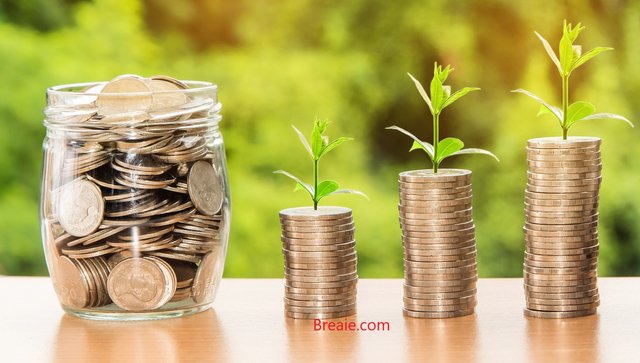
A lot of people who decide to make the commitment to pay down or totally eliminate their debts often times jump in and think they should pay off the larger balances first and save some cash without creating a budget. I disagree. Yes, you need an emergency fund for unexpected contingencies that come up such as job loss, unexpected medical costs, or car repairs. The debt that you carry on credit cards are high interest rates.
Before you start to pay down your debt, take an assessment of types of debts you have such as credit cards, mortgage, student loans, or something else and total them up to get a monthly figure that goes out for payments.
Make sure you know the amount of monthly or biweekly income you have coming in after taxes and deductions. You then need to tally up the amounts you are paying out for your living expenses and your debt.
For example, total up all your expenses that are paid out for car insurance, cable, internet, cell phone, gas, other insurance, salon, spa, dry cleaning, groceries, etc. to determine what amount is going out for this expense. Look in this area to determine if you have any expense that you don’t need that is not necessary or you could down the outflow of money on.
Your mortgage or rent, car payment if you have one are normally fixed expenditures. If you have a mortgage, these long term secured loans normally have lower interest rates. I follow the teachings of Robert Kiyosaki of the Rich Dad Poor Dad fame and do not subscribe to paying off your mortgage early. Best to take the money that could have been used to pay off the mortgage and invest the cash so the money can work for you.
Next, pull up your statements on your credit card debt and see what your interest charges are on a monthly basis for your debt. Review outstanding balances on each credit card as well as the interest rates. Take notes.
Start with the smallest balance regardless of the interest rate charges
Do you see any patterns in your spending? Look at ways to cut down your expenditures so that you free up money to pay down your debts.
Create a personal budget and stick to it. Make sure you have a through understanding of the amount of money you have coming in and going out before you set up your budget goals.
"A budget is a financial plan that is created for a predefined period of time usually a year or longer." A budget lays out very clearly income towards expenses, savings, and debt repayments. Budgets can be created for a business or personal use.
I know this can be so overwhelming for you. Especially if you have no experience in dealing with this situation. Creating a budget and managing a budget definitely was not a subject taught in school. You are not alone.
I have gathered up some FREE resources to help you get your financial house in order. These wonderful financial budgeting tools that can be found on the App Store and Google Play for installation on to your cell phone.
Look through each of these websites' links and see which fits you and feels like a good match for your situation. Explore to learn what your options are and know your situation is not hopeless.
claritymoney.com
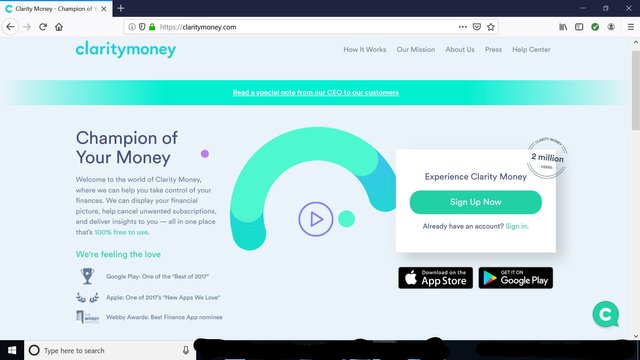
The Clarity money app is a free app in the app store and google play stores. This app helps you cancel unwanted subscriptions, provides a free FICO score, helps you save money, as well as track your spending.
everydollar.com
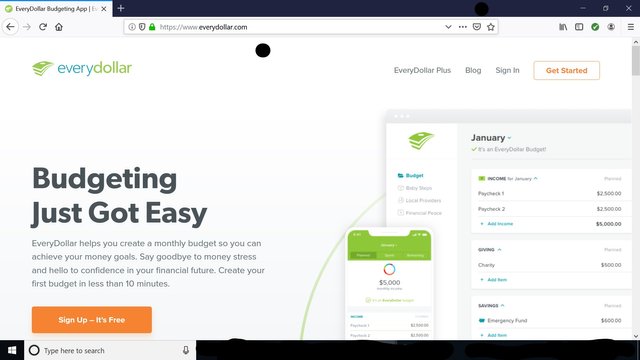
Every dollar app is free and has a plus app that charges for the upgraded app service. The app helps you track your spending, expenses, and works across all devices. They also have wonderful success stories of people who changed their lives using this app and applying the principles of money management.
pocketguard.com
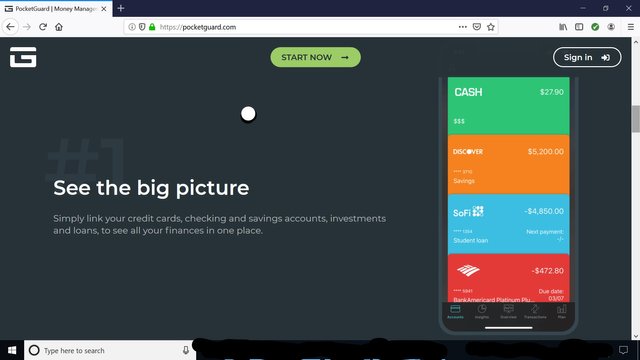
Pocket guard is free and has an upgraded pro version for a fee. This app will help you create a personalized budget for you, track where your money goes, and what you spend your money on. They also boast way to help you lower some of your bills to save you extra money on items you spend on anyway.
wally.me
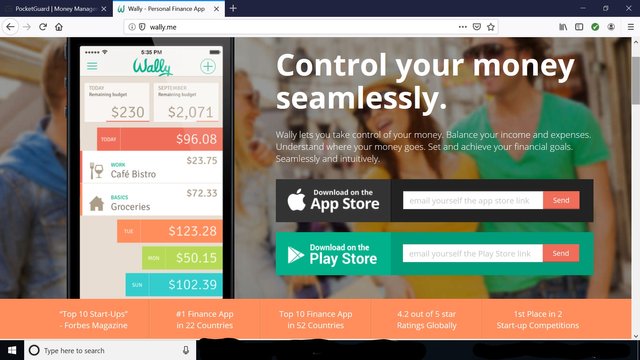
Wally is totally free. They do charge for upgraded features, but their site states that most people will do just fine with the free app. Wally was only for iPhone, but recently included and app for android phones. No ads, password protected, and can take pictures of your receipts for your records.
Hopefully, you chose an app to help with your financial goals. You should have all of your debts, expenses, and income written out with totals, now it’s time to enter this information into your app and focus on paying off the lower credit card balances regardless of the interest rate. Pay off one credit card at a time. Start with the smallest balance owed on a credit card first.
Focus your energy and direct your money to pay off one balance owed on one credit card first. You have to pay more than the minimum amount the credit card company has on your statement for the monthly payment to get your balance owed to decrease.
As you make more than the minimum monthly payments over time, your interest rate charges will decrease because your amount owed is decreasing.
This act alone creates a sense of accomplishment that reinforces your behavior to continue to pay down your first credit card debt. Then when that card is paid off, evaluate the balances still owed on your credit card debts. Once one credit card balance is eliminated review your remaining balances as well as their interest rates and select the next card to focus on to eliminate that debt will become easier for you.
Continue this pattern until you have achieved your goals.
In the interim, stop racking up more debt on your cards and try to cut your expenses so that money saved from frivolous expenditures can be used to pay off your credit card debt. Often times, normal expenses when cut back or eliminated turn out to be something that you did not feel the loss of or miss in your life.
Don’t use your credit cards unless an emergency. Try to learn not to use your credit cards unless you can pay the balance in full once the bill comes due.
Once you have a majority of your credit card debt paid off, then stash back money for the unexpected expenses that will come up. Next goal would be investing for your retirement, a new home, etc.
These simple financial acts also raise your FICO scores aka your credit scores that are used to determine amounts of credit available to you as well as your interest rates. This will be an added bonus to save additional money.
Breaie.com
Picture was graciously provided by Pixabay.com and the Author is: Nattanan Kanchanaprat He can be found on Facebook nattanan23.